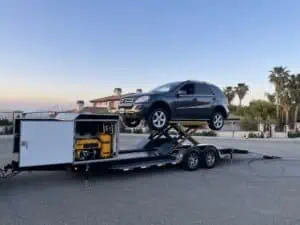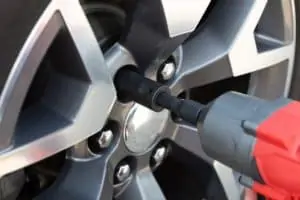Prepping for Dog Training with Karl Krug
If you are getting ready to have Karl Krug train your dog, there are some things that you can do to get ready. This list will make sure you get the most out of your dog training and learn the tools you need for an off-leash trained dog.
- First of all, don’t worry. Even if you are struggling, Karl will give you the tools you need for an off leash trained dog.
- You will be doing all the handling of your own dog. Karl will show you what you need to do.
- Lessons are one hour each. It typically takes 8-9 lessons to learn what you need to know. to have a well behaved and well managed dog.
- Your dog probably already knows their basic behaviors. As a dog trainer, I will you how to gain your dog’s respect, so they behave for you.
- Be prepared to have fun. Most dogs are smart and loving creatures. The process of achieving off-leash control creates an indescribable bond.
Get the Right Equipment
Choose the Right Collar
My program uses a leash and a collar only. You will reward your dog with love and affection, so you don’t need any treats.
If you have a puppy under 6 months, start with a cloth collar. I will recommend a choke chain if you need one and putting a choke chain on younger dogs can be unhealty for the dog.
If your dog is over 6 months you will probably need a choke chain. Choke chains come in 2″ increments. So, meaasure your dog and add 2-3 inches. So, if your dog has a 19 0r 20″ neck, they will need a 22″ choke chain.
Prong collars are OK and you can use them. I don’t recommend them unless there is a big strength parity between you and your dog. So, ask me if you need a prong collar before bringing your dog with one. If your dog is a little timid, I will probably recommend against it.
And DO NOT put a prong collar on your dog in my training classes if he/she is aggressive. A prong collar on an aggressive dog can create problems with aggressive dogs.
Buy the Right Leash
The best leash for dog training is a 6′ braided leather lead with a brass fitting. Something like this leash from Amazon is perfect. Believe me your hands will thank you for buying a leash like this one.
Cloth leashes would be next if you can’t get a leather leash and do not use a chain leash.
General Pointers
Household Behaviors
If you are coming to my training class, I will teach you how to handle household behaviors. There are some that you can manage on your own before class. Some common ones are below
House Training
The key to house training is to use a crate. You can house train a dog in 3-5 days if you use a crate effectively. Call me if you want specific details
Nuisance Barking
Nuisance barking is generally for one of three reasons. The first is to protect their territory the second is to protect their pack leader the third is to initiate play. Before you can control these, you will need to establish yourself as the pack leader.
Chewing on you
Unless your dog is a puppy, they are biting and/or chewing on you to establish dominance. You will need to establish yourself as pack leader to correct this and we will cover it in class.
Chewing on your stuff
Separation Anxiety
- Simulate your daily routine when you are going to leave. Exit the house, drive around the block and come back.
- Each time you do this, extend the time by a few minutes.
- As you do this, your dogs anxiety over you leaving will be reduced and you can leave for a work day and your dog will be more comfortable being alone
Keeping Your Dog Calm after a Medical Procedure
Your dog may need to stay calm after a medical procedure. So, keep your dog in their crate, provide chew toys to alleviate stress and slowly return your dog to their normal routine. And most importantly, contain their enthusiasm.
So, short walks with your dog on a leash should be OK. But don’t walk a long distance, don’t run with your dog and let them set a slow and comfortable pace.
Limiting play time is also important. So, avoid things like chasing the ball, playing with other dogs and rambunctious play. Your dog will want to get active before they should. So, limit their activities that create intense play.
And ask your vet how long you need to contain your dog’s behavior and what types of activities are OK.






